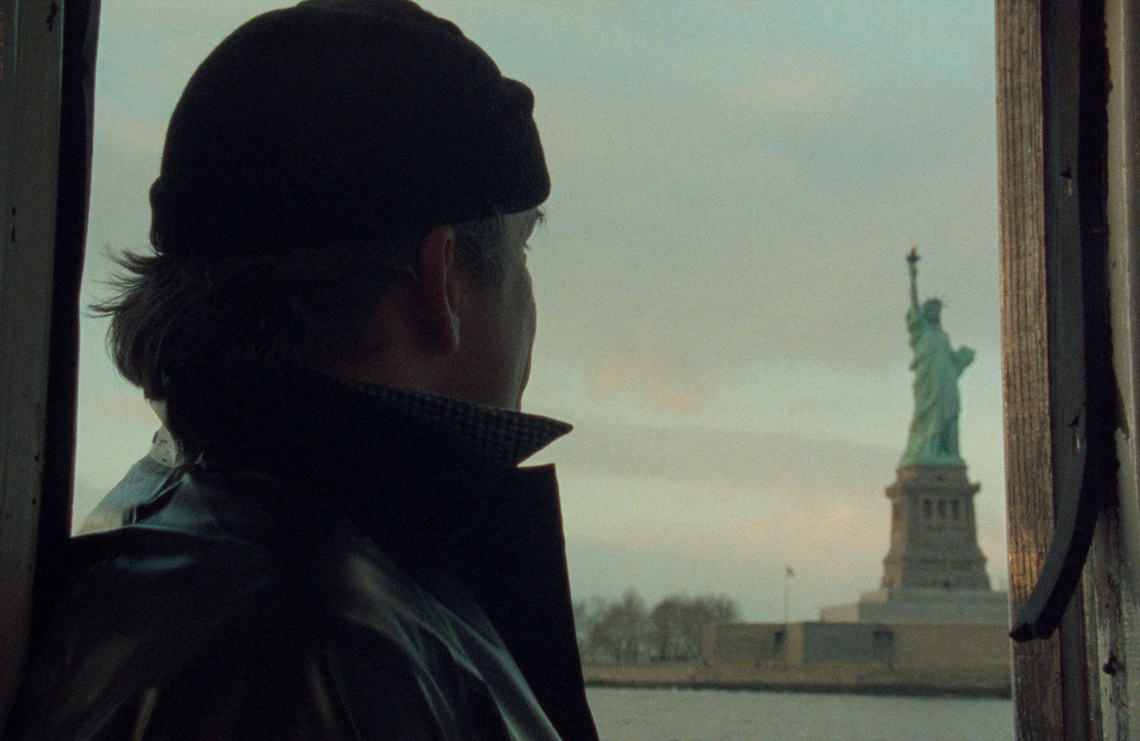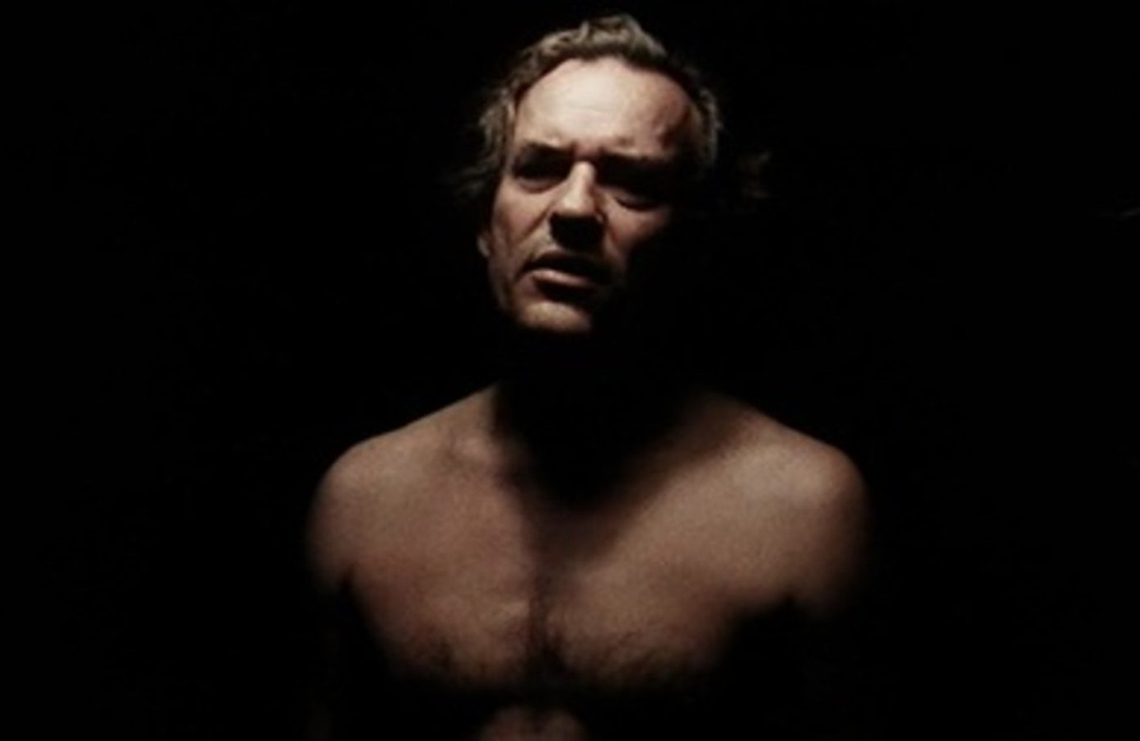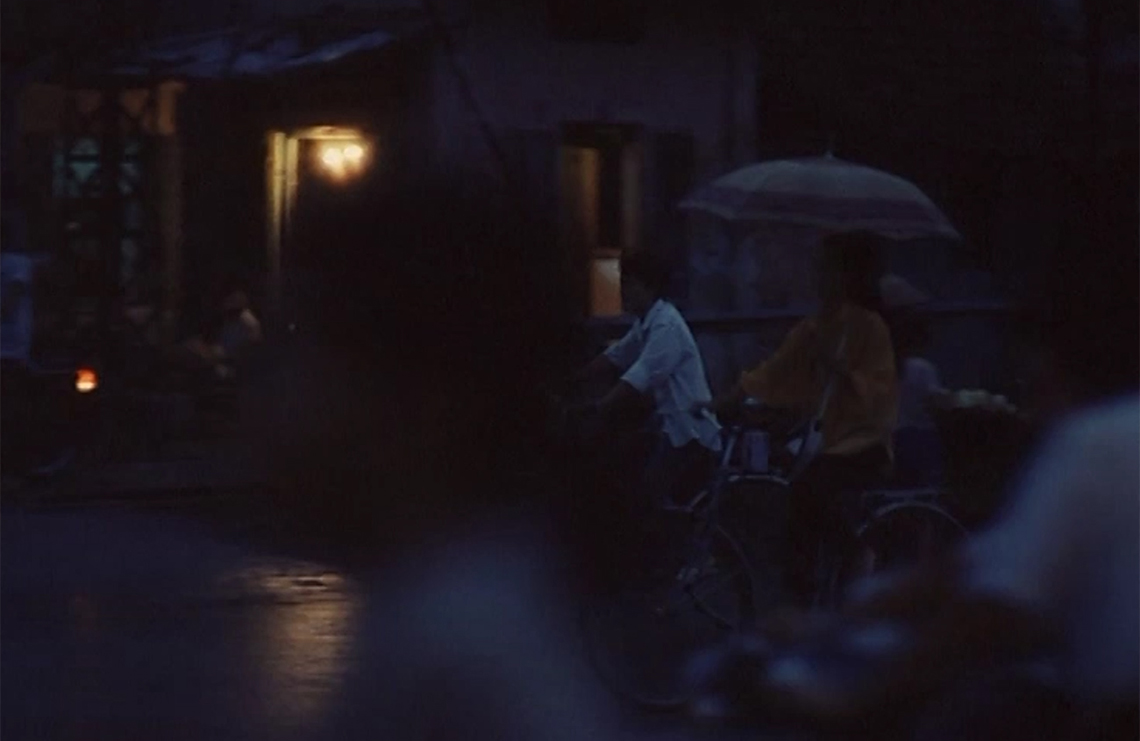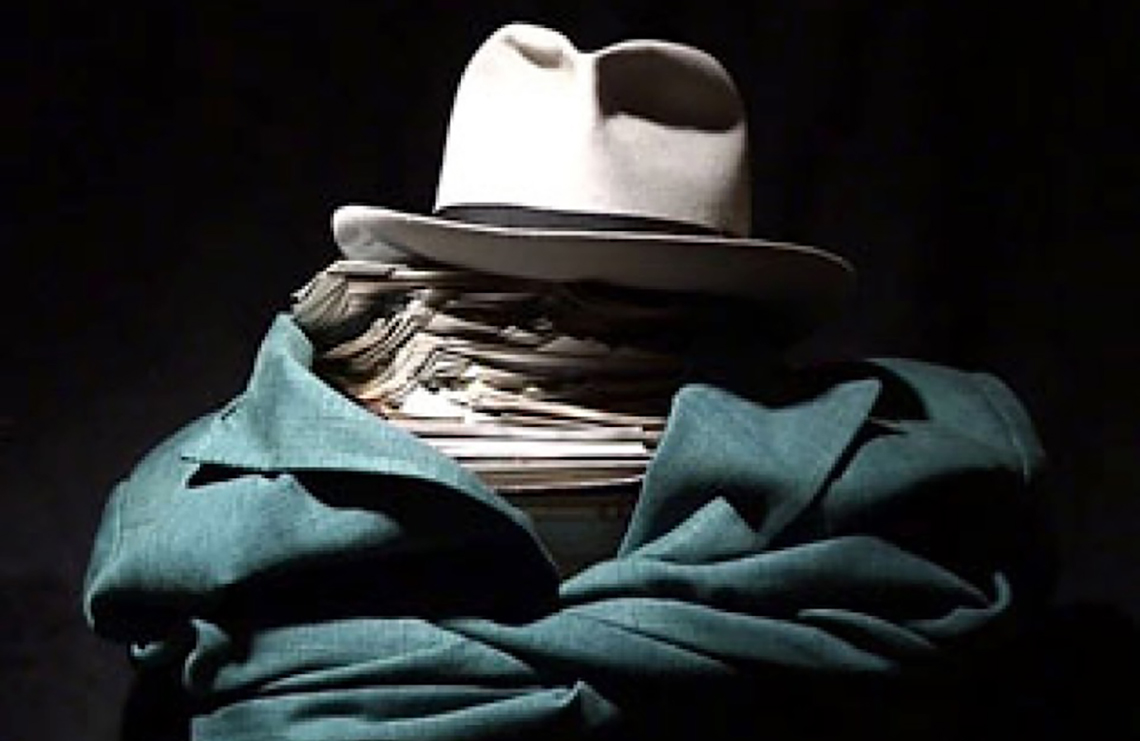Artist in focus: Robert Kramer
“For me, at the beginning of every film, there is always virtually nothing. You could carve this on my headstone. That is my conception of political cinema. Something can be done with even the most minuscule fragment of life; an ideal to be reconstructed. This supposes constant movement, an entire existence being on the alert. Staying face to face with the world, head held high, without trembling, no matter what.”
He liked the word ‘trajet’. The connotation of the English ‘trajectory’ was way too mechanical for him – alluding too much to the trajectory of a bullet, for example. For Kramer, the French word, on the other hand, sounded very much in tune with a human scale of movement, with the coming and goings, dwellings and wanderings that define most of our lives’ paths. A word that’s more than apt for a filmmaker who was always on the move. Whether by choice or necessity, he was always the traveller who, seemingly, never fitted anywhere – always looking for ways of living differently, following his taste for adversity and complexity. How could his films, then, be anything but the expression of this restless search?
Growing up, he lived in two worlds. As a doctor’s son, he was set in a comfortable scene. And even then, he was already an outsider. Wherever he looked seemed foreign to him. A mysterious fiction that had to be deciphered at all costs. He could never shed the feeling that a war was raging. “Survival is at stake,” he said, “and our dreams are the first to go.” For a while though, dreams were flaring up like flames. To Robert Kramer, the experience of the 1960s remained the touchstone for his life and work, the moment when his ‘trajet’ really took off: first as a journalist in Latin-America and a community worker in Newark, later as a filmmaker and a member of the Newsreel Collective. Again and again, Kramer sought out the battlegrounds: in Venezuela, Vietnam, Angola, but also closer to home, in the heart of the radical movements challenging the American political structures, which he portrayed so well in Ice (1969). Time and again, he found himself committed to the search for adverse communities, of which he himself depicted the breakdown in Milestones (1975): an unsettling portrait of his ‘lost’ generation.
But filmmaking, for Kramer, remained. Filmmaking as yet another way of creating temporary communities to inhabit, the shelters and campsites that he so greatly needed. After moving to Europe in 1980, cinema would, more than ever, become his true habitat. Working from his base in Paris, he produced more than twenty films, varying in length, genre, medium and degree of achievement. Armed with his camera, Kramer not only kept on exploring the contours and edges of the world, but also of himself, as critical cartographer of a fast changing society, rebounding between private and public, interior and exterior, choice and necessity. The theme of ‘the return’ would become central to his work. The character of Doc, who first appeared in Ice played by Paul McIsaac, returns in both Doc’s Kingdom (1988) and Route One/USA (1989), which marked Kramer’s own return to the US after ten years of absence. Through this character, who is also his alter-ego, Kramer crafted diverging perspectives on his relation to what he left behind him, to that “what you are inevitably a part of and what you are forever outside.” He would also return to another ‘starting place’, the place that he first visited to make the Newsreel Collective’s People’s War (1969): Vietnam. In both Point de départ (1993) and Say Kom Sa (1998), he charts the country’s struggle through an uncertain and daunting past, present, and future. Yet another return would lead him to the city where his father was born, resulting in Berlin 10/90 (1990): an intimate dialogue with all the resonances that ‘Germany’ came to have, both in his family history and in global history.
Finally, the act of returning would also take the form of ‘feedback’, which was the original title of Notre nazi (1984). In this ‘behind the scenes’ film, Kramer ingeniously doubles up and problematizes the mise-en-scène of the film Wundkanal, with which its director, Thomas Harlan, attempted to exorcize a haunting past. But perhaps Kramer’s most personal form of feedback is Dear Doc (1990), a video letter addressed to his dear travel companion, in which he looks back on the creation of Doc’s Kingdom and Route One/USA. Returning, revisiting, going back – not home, but back: here’s the red thread running throughout this homage to a filmmaker whose ‘trajet’ is unlike any other.
Thanks to Keja Ho Kramer, Ricardo Matos Cabo, Céline Paini (Les Films D’Ici), Diana Vidrascu & Pip Chodorov (Re:Voir), Matthieu Grimault (Cinémathèque Française), Hugo Masson (Documentaire sur grand écran)




